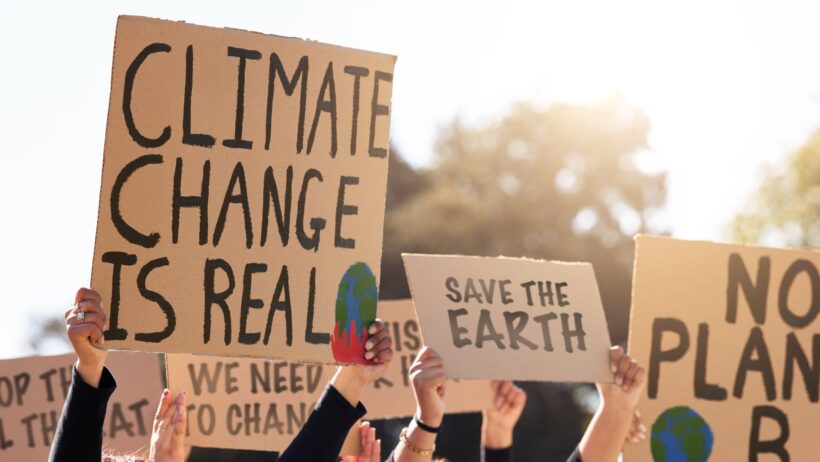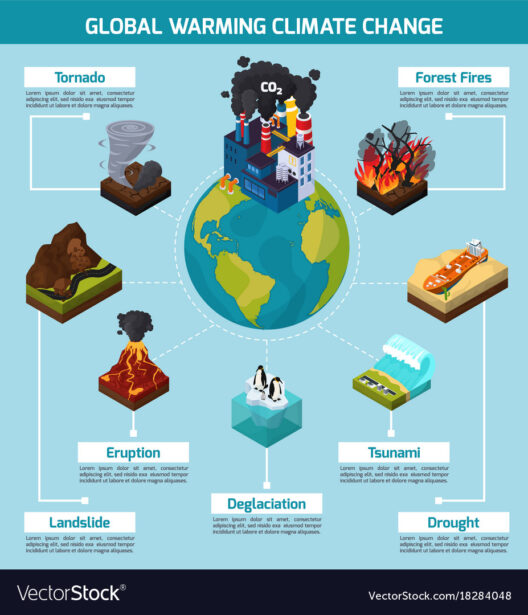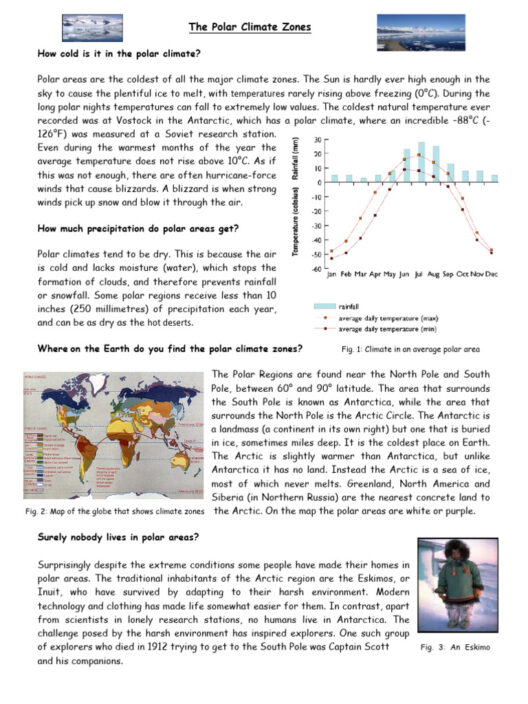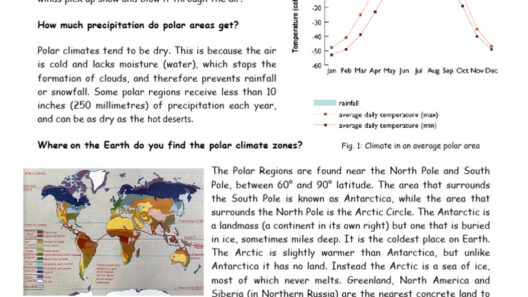Climate change is an existential threat that looms over our planet, demanding urgent attention and action from every individual. The situation is dire, but there is hope. Understanding and implementing practical steps to mitigate climate change can make a substantial difference. This guide elucidates various strategies that everyone can adopt, emphasizing the collective effort needed to combat this global crisis.
1. Energy Consumption: Efficiency and Alternatives
Reducing energy consumption is paramount in the fight against climate change. The first step involves assessing and improving energy efficiency in your home. Simple changes—such as switching to LED lighting, utilizing energy-efficient appliances, and enhancing insulation—can drastically reduce your carbon footprint.
Moreover, consider transitioning to renewable energy sources. Solar panels, although an investment, can significantly decrease reliance on fossil fuels, effectively reducing greenhouse gas emissions over time. For individuals unable to install solar systems, seeking out green energy programs offered by local utilities can be a viable alternative.
2. Transportation: Rethinking Mobility
Transportation is a major contributor to greenhouse gas emissions. As such, rethinking how we traverse our cities is essential. Utilize public transport whenever possible; it is more efficient and reduces the number of vehicles on the road. Additionally, biking or walking for short distances can not only lower emissions but also promote personal health.
If driving is unavoidable, opt for fuel-efficient or electric vehicles. Regular maintenance of cars, including tuning engines and ensuring proper tire pressure, can also enhance fuel efficiency. Carpooling and ride-sharing applications can consolidate trips, further minimizing individual carbon footprints.
3. Sustainable Diet: Food Choices Matter
Our food systems are another significant factor in climate change. The production and transportation of food contribute to environmental degradation. Adopting a plant-based diet can substantially lessen this impact. Reducing meat and dairy consumption, and prioritizing local produce can decrease carbon emissions associated with food transport and livestock farming.
Consider participating in community-supported agriculture (CSA) programs, which connect consumers directly with local farmers and promote sustainable farming practices. Additionally, minimizing food waste by planning meals and repurposing leftovers not only conserves resources but also contributes to a more responsible food system.
4. Sustainable Practices: Everyday Habits
Incorporating sustainable practices into daily routines can have cumulative effects on reducing carbon footprints. Simple measures—like using reusable bags, water bottles, and containers—can significantly reduce single-use plastic waste. Implementing a zero-waste lifestyle, though complex, can enhance ecological sustainability.
Participating in local clean-up initiatives or sustainability groups can foster community spirit and encourage collective action. Engage in advocacy by contacting local representatives to support policies geared towards environmental protection, renewable energy investments, and stricter emissions regulations.
5. Water Conservation: Protecting Our Resources
Water, a precious resource, is often overlooked in climate discussions. Conserving water not only aids in protecting this vital resource but also minimizes the energy required for water heating and treatment. Simple tactics—like fixing leaks, using low-flow fixtures, and collecting rainwater—can lead to profound conservation results.
Moreover, adopting xeriscaping in gardens or choosing drought-resistant plants can further reduce water usage while maintaining aesthetic appeal. Awareness of water’s link to energy consumption enhances our understanding of its importance in climate resilience.
6. Advocacy and Education: Championing Change
Becoming an advocate for climate action involves educating oneself and others about the ramifications of climate change. Engaging in conversations, attending workshops, or simply sharing information on social media can spread awareness and inspire action. The more informed individuals are, the more likely they are to make conscientious choices that collectively contribute to climate recovery.
Support organizations focused on climate research and advocacy by volunteering or making donations. Their work is critical in shaping policies and protecting vulnerable communities affected by climate change.
7. Supporting Responsible Companies: Ethical Consumerism
Consumer choices wield power. By supporting companies that prioritize sustainability, ethical practices, and transparency, individuals can influence corporate behaviors. Research brands’ environmental policies before making purchases, and opt for those committed to reducing emissions, utilizing sustainable materials, and engaging in fair labor practices.
Participating in local economies by shopping at farmers’ markets and supporting ethical businesses can foster sustainability and create a ripple effect in communities. People can encourage businesses to adopt greener practices by voicing their preferences as consumers.
8. Policy Engagement: A Collective Voice
Engaging with local, state, and federal representatives to advocate for strong climate policies is essential. Individuals should familiarize themselves with upcoming legislation and participate in public forums, town halls, or campaigns that focus on climate action. Voting for candidates who prioritize environmental issues can lead to systemic change.
Joining forces with environmental organizations can amplify voices and create a broader platform for advocating climate-friendly policies. Collective action often garners more attention and action from policymakers.
In conclusion, while the challenge of climate change may seem insurmountable, we possess the tools to make significant progress. By implementing these practical steps—enhancing energy efficiency, rethinking transportation, making sustainable dietary choices, and advocating for policy change—each individual can contribute to a larger movement. Together, these actions hold the potential to build a more sustainable future for our planet.








